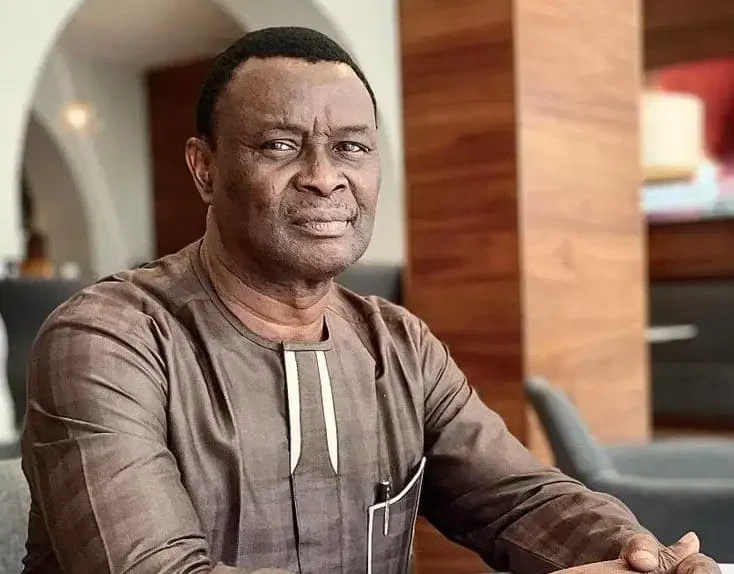The national chairman of the Social Democratic Party (SDP), Alhaji Shehu Musa Gabam, has opposed calls to revert Nigeria to a parliamentary system of government, stressing that the shift would not address the nation’s current challenges.
Appearing on Channels TV’s Politics Today, Gabam argued that the root of Nigeria’s issues lies in widespread corruption, not the presidential system borrowed from the United States.
He said the presidential system could be effective if adjusted to better fit Nigeria’s unique context and challenges.
Gabam attributed the system’s ineffectiveness to pervasive corruption and a lack of government accountability, questioning why the presidential system succeeds in the U.S. but struggles in Nigeria.
“The presidential system works in America despite its own challenges with corruption, because they have controls in place. If we find it expensive here, why not introduce mechanisms to prevent officials from looting public funds unchecked?” he remarked.
He expressed doubt in the ability of the judiciary and National Assembly to initiate these adjustments, pointing to compromises within these institutions.
“The National Assembly should perform oversight functions, but they are often compromised by their relationship with the executive. How can they drive change when they allow these issues to persist?” he questioned.
When asked about possible solutions, Gabam advocated for a thorough reorientation of critical sectors, emphasizing the political recruitment process.
He highlighted the importance of engaging young voters, who constitute 70% of the electorate, to elect knowledgeable leaders capable of upholding the constitution and Senate rules.
“We can’t keep electing half-baked candidates and expect meaningful change,” he stressed.
Gabam also called for the empowerment of agencies like the Civil Defense, Federal Road Safety Commission, and Nigerian Customs Service to strengthen national security.
He dismissed the feasibility of a proposed state police system, citing funding challenges.

 1 week ago
2
1 week ago
2















 English (US) ·
English (US) ·